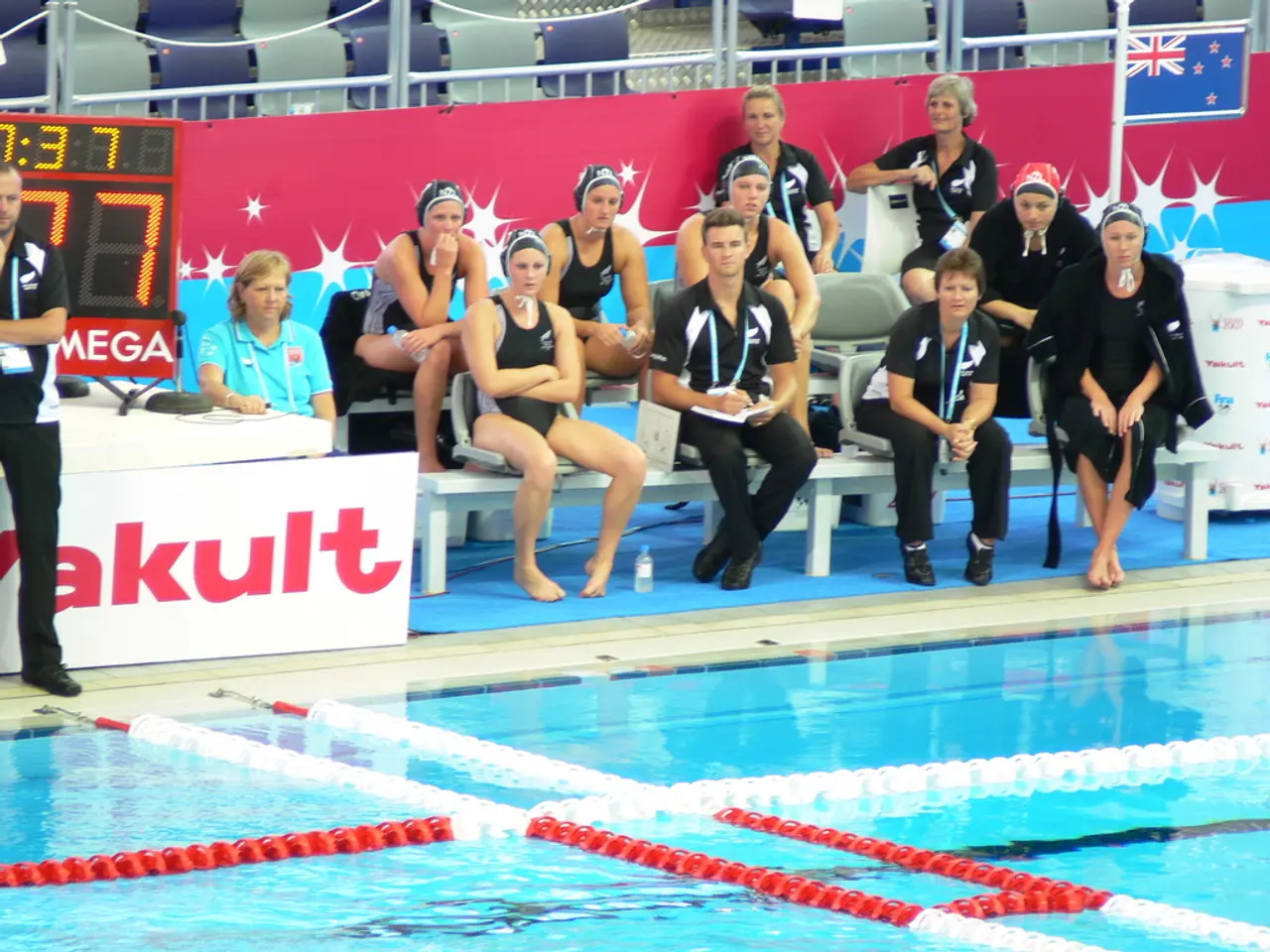Outdoor public baths in Germany face restrictions - Vow of "No More" Reiterated
German public swimming pools are facing a multitude of challenges, with many facilities struggling to stay afloat due to underfunding, high operational costs, and staff shortages. These issues have led to pool closures and growing safety concerns.
One of the key factors contributing to these problems is underfunding and budget constraints. Many German municipalities have limited budgets, prioritizing essential services over public swimming pools, leaving them underfunded. Maintenance and renovation costs have increased, but investment has not kept pace, causing dilapidated facilities and higher operating expenses.
Staff shortages are another significant issue. Pools require trained lifeguards and other staff to operate safely, but there is a widespread shortage of swimming instructors and lifeguards. This shortage is partly due to the work often offering low pay and irregular hours. This shortage makes it difficult to keep pools open consistently and raises safety risks.
Rising deficits are also a concern. Operating deficits occur as revenue from pool admissions and local funding fail to cover rising costs, sometimes forcing municipalities to reduce opening hours or close pools entirely.
Safety concerns and closures have become a pressing issue. Given fewer qualified staff and aging facilities, authorities have shut down some pools to prevent accidents, amplifying the problem as fewer places remain for the public to swim or learn to swim.
These challenges are part of broader social and budgetary challenges in Germany, including strained public services and poverty risks affecting many families, limiting both funding and demand for such services. Although large-scale EU budgets and economic policies aim to improve infrastructure, short-term support specifically for public pools has been insufficient.
The Bathing Alliance has called for the federal government to contribute more to renovation costs, while pool operators are constantly battling accruing costs that are becoming overwhelming. In some cases, parents are handing over responsibility for their children to pool staff, putting lives at risk.
The situation of German public pools demands targeted investment and effective staffing solutions. One user has suggested applying for a job at the pool instead of complaining, highlighting the need for qualified personnel. Experts have been calling for major changes in public pools for some time, and it appears that these changes are more necessary than ever.
As swimming pools continue to make headlines due to acute situations, particularly in the summer, it is clear that the situation needs to change. Criticism is directed at the responsible parties for saving money or poor planning, and it is hoped that action will be taken to address these issues and ensure the safety and accessibility of public swimming pools for all.
Children must be supervised properly in public swimming pools due to the ongoing staff shortage and aging facilities, which pose safety concerns. The situation calls for increased investment in health-and-wellness programs such as swimming lessons and fitness-and-exercise programs for kids, as well as better recruitment strategies to attract more staff in the science field who can help maintain the facilities and provide lifeguard training.




